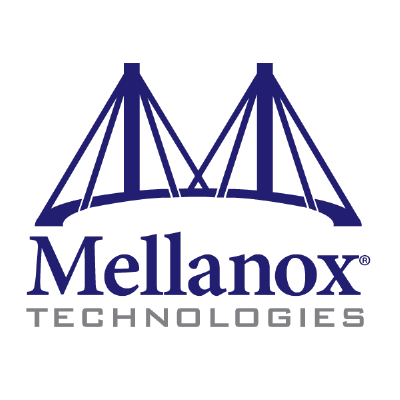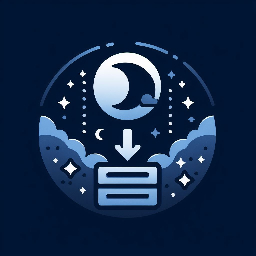
mainsail
Network Services• Web, Other, Other, Productivity, Tools / Utilities• Utilities
Mainsail makes Klipper more accessible by adding a lightweight, responsive web user interface, centred around an intuitive and consistent design philosophy. Download config.json BEFORE you start your container https://raw.githubusercontent.com/patrickstigler/unraid_app_templates/main/mainsail/config.json And put it in your config folder, the default is /mnt/user/appdata/mainsail/config.json Happy printing










